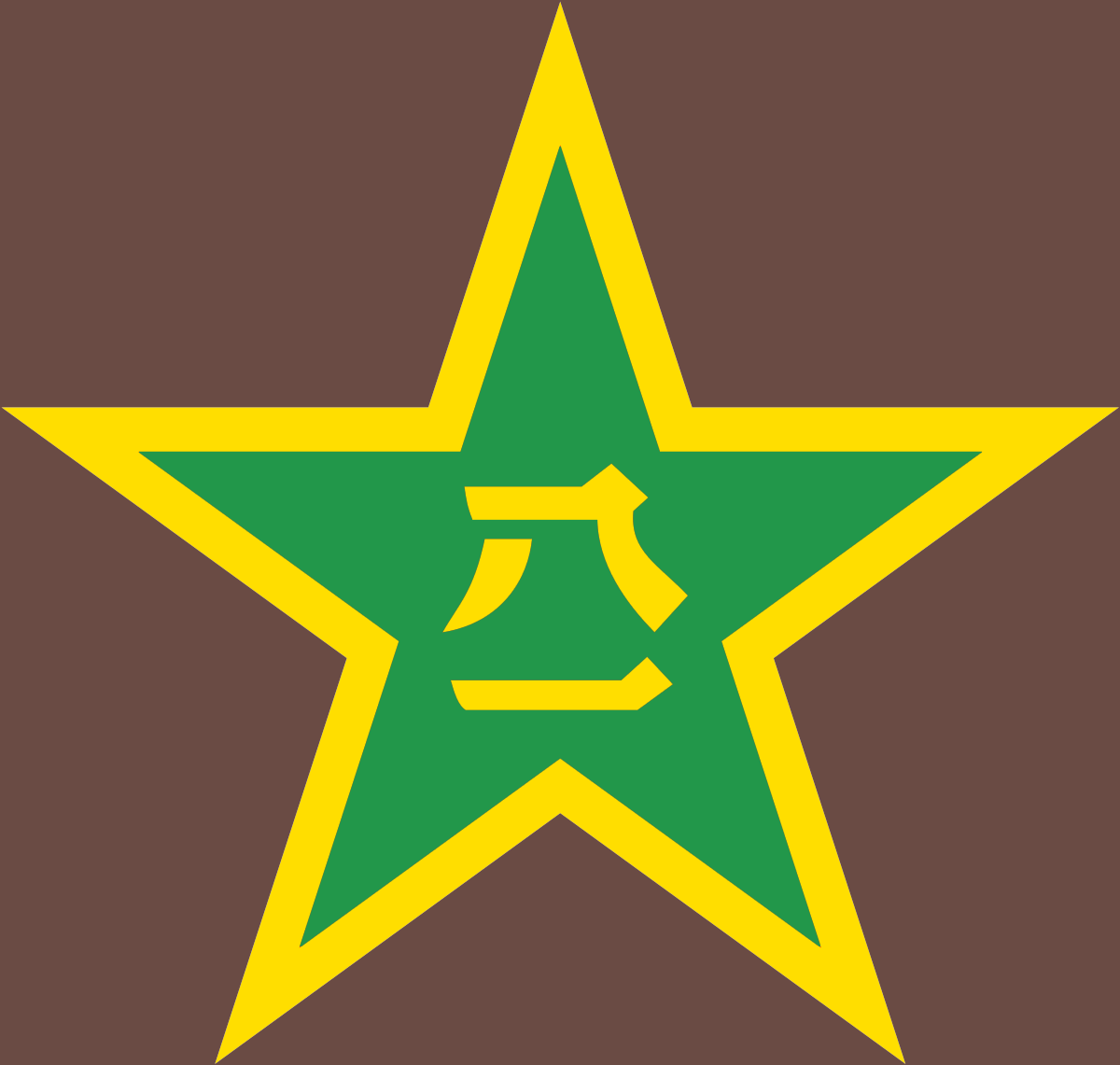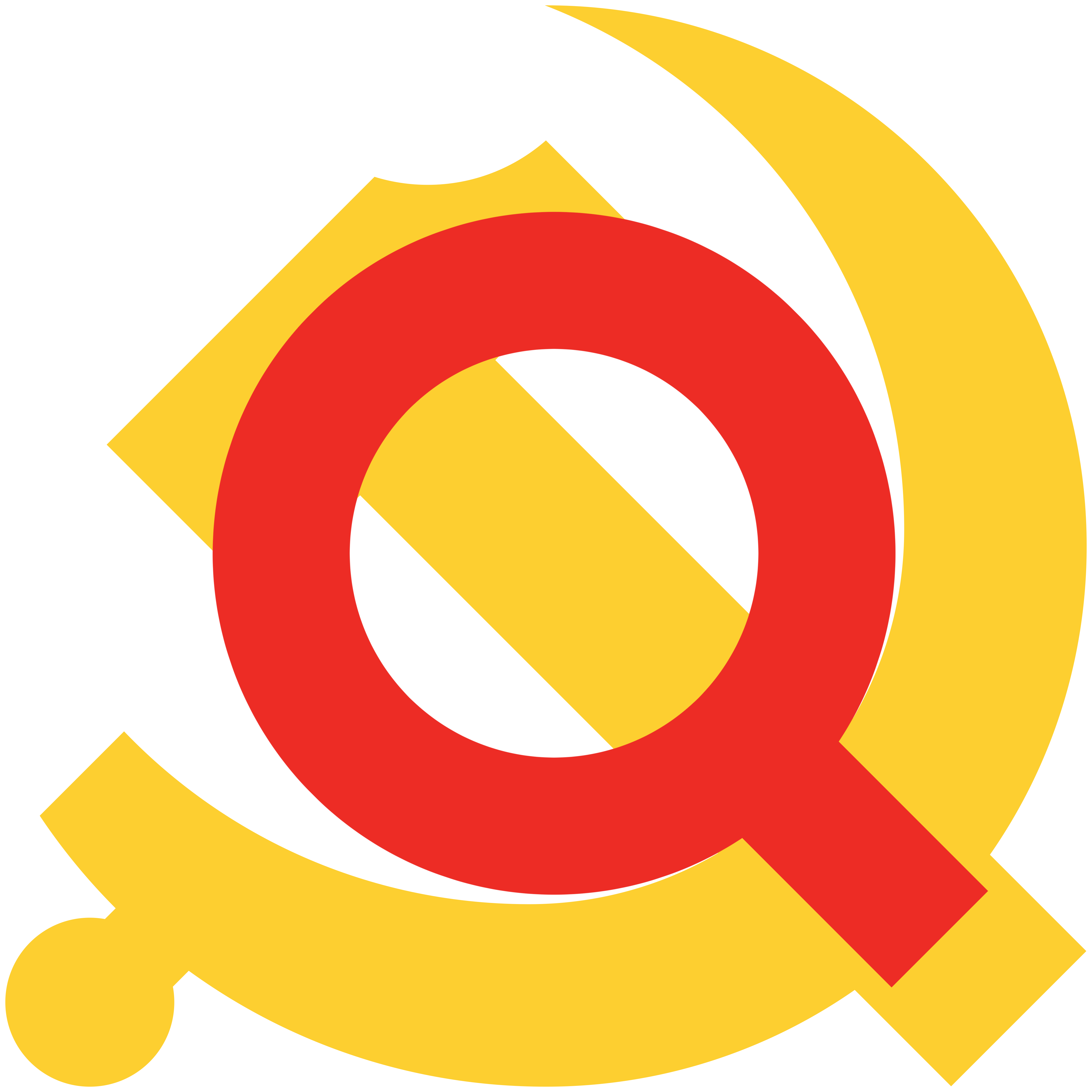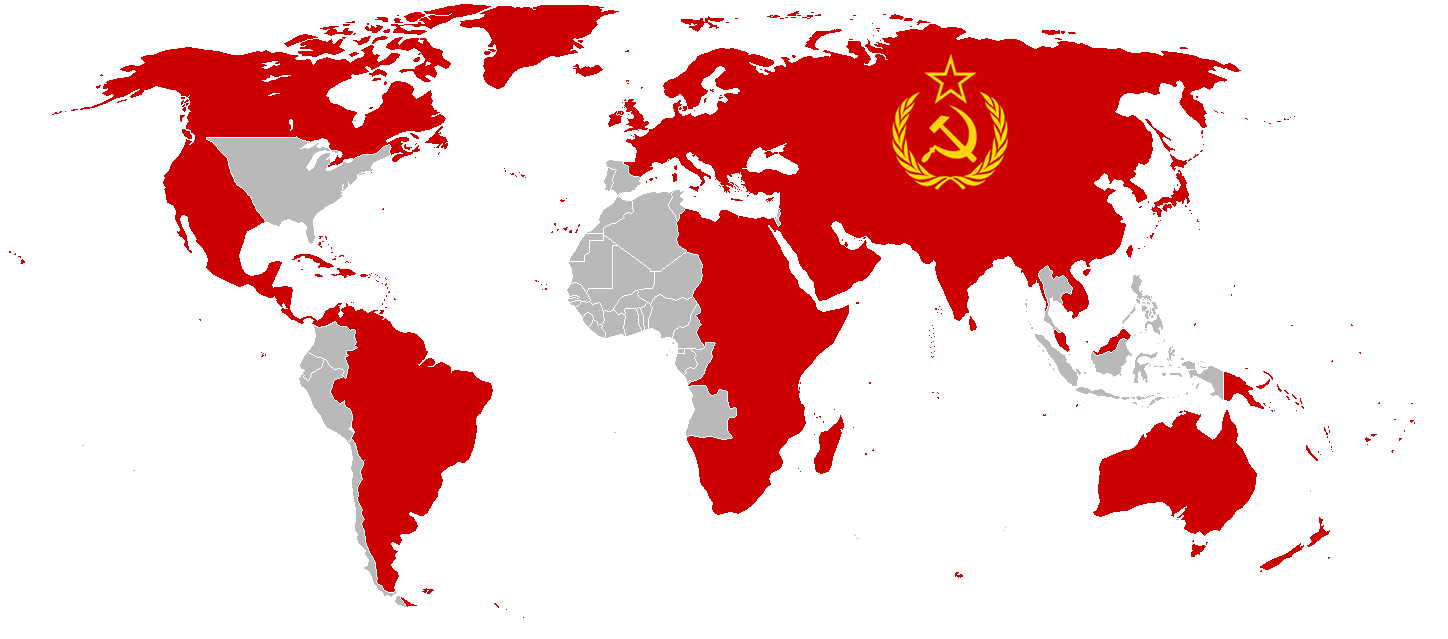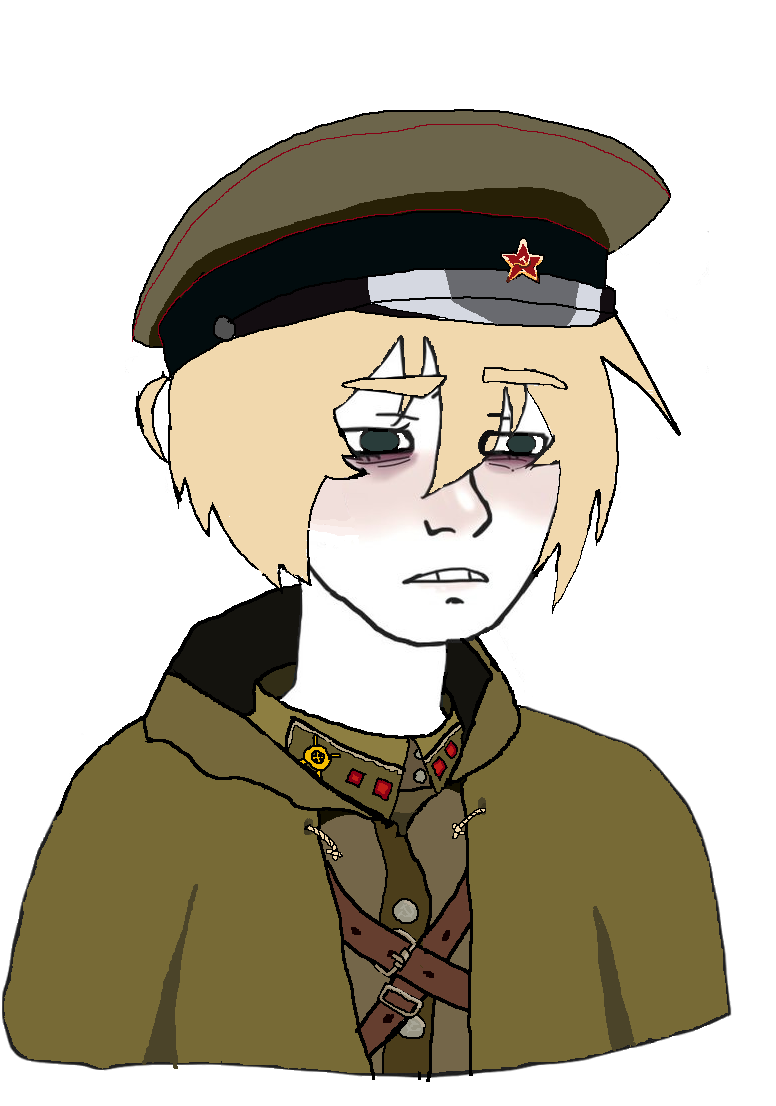All over the western world you hear about how horrible it was for Mao to destroy traditional Chinese culture and ways of thinking that existed for thousands of years. However I have to ask, did this traditional culture help them in establishing socialism? It definitely did not help them or work in a neutral way either. The people of China saw that their ways of life were anti-proletarian and dealt with them accordingly. The cultural revolution was something that should be emulated across the entire western world where old ways of thinking and cultural attitudes that do not serve the working class need to be forcefully destroyed. This was done not only through the destruction of statues, books, and other media put out by class enemies. There were also more peaceful ways of culture change such as changing street names or the names of establishments and buildings. During this time, rightism was absolutely demolished and many class enemies fled to America during this time.
When I hear people say things about China being wrong for the cultural revolution, it shows me that they do not know or do not care how oppressive social norms and class society in Asia can be. In India which the liberals see as such a spiritual and holy place, they literally practice a caste system. In Tibet they had Slavery until Mao came and freed them. Even in South Korea and Japan today the bourgeoisie have a social power and control that echoes feudalism. If you think I am insane, go and research how the Chaebol kids in Korea behave in their society and how every person in Korea is expected to bend over backwards to accommodate the tantrums of rich and entitled children because their families literally own the nation’s economy. When you compare the conditions of China to the other countries in Asia, you begin to realize they would also be a lot better off if they destroyed bourgeois culture, ideologies, and struck absolute terror into the hearts of their oppressors.
I searched online for some nuanced perspectives about the cultural revolution but I was only able to find Falun Gong stuff. In the beginning I was attempting to research the differences between traditional and post-revolution Chinese culture but most sources prove to be naively pro-western at best, or extremely racist or reactionary at worst. I am unable to find an actual patriotic Chinese person's opinion with more nuance.
I recall asking about the Cultural Revolution in this community, and someone directed me to an official CPC statement which said without ambiguity that such a movement has no place in modern China, lamenting its mistakes and excesses. It might help to remember that most events like these contain both good and bad elements.
Thanks for the ping @Shinhoshi@lemmygrad.ml and @GrainEater@lemmygrad.ml .
I'm not sure you understand the Cultural Revolution nor traditional Chinese culture, Mao Zedong didn't want to "destroy traditional culture", that wasn't the goal of the Cultural Revolution, that was the goal of "破四旧" ("Eliminate the four old“) movement orchestrated by the ultra-lefts. "Eliminate the four old“ targeted mainly feudal values and not capitalist values, it turned out to be more anarchist than scientific as with the rest of the actions of the ultra-lefts.
From a DeepL translation of "A Concise History of the Communist Party of China" (2021) page 205:
In May 1966, the enlarged meeting of the Political Bureau of the Central Committee adopted the "May 16th Circular", pointing out that: "The bourgeois representatives who have infiltrated the Party, the government, the army and all kinds of cultural circles are a group of counter-revolutionary revisionists, who, once the time is ripe, will want to seize power and change from the dictatorship of the proletariat to the dictatorship of the bourgeoisie." In August, the Eleventh Plenary Session of the Eighth Central Committee of the Party adopted the Decision of the Central Committee of the Communist Party of China on the Great Proletarian Cultural Revolution, which proposed that "the focus of this campaign is to straighten out those in power within the Party who have taken the capitalist road." The convening of these two meetings marked the launching of the Cultural Revolution. Since then, the Red Guard Movement has been rapidly emerging. From January 1967 onwards, the Cultural Revolution entered the stage of "total seizure of power" and soon developed into a serious situation of "overthrowing everything" and even "total civil war".
(Note that there is an official English translation of this book but I can't find a readable copy online yet, so above is the the DeepL translation of the Chinese text instead, with some minor corrections)
On traditional Chinese culture, we apply "取其精华、弃其糟粕", that means we don't throw out the baby with the bathwater, just because traditional Chinese values have bad aspects doesn't mean we can't learn from the good aspects. Maybe you have not heard of the Confucian phrases "天下为公" and "天下大同".
On July 1st 2021, in his speech at a ceremony marking the centenary of the CPC, Xi Jinping proposed "两个结合" ("Two Adapts"), that is:
We must continue to adapt the basic tenets of Marxism to China's specific realities and its fine traditional culture.
Xi stresses the importance of inheriting the fine parts of traditional Chinese culture, as opposed to liberals who decry all of it. Both socialists and liberals have reasons to criticize traditional Chinese culture. Socialists apply a scientific approach that is to inherit the good parts and throw out the feudal aspects. Liberals are against socialism so they attack traditional Chinese culture without any reservations.
"Attack" on traditional Chinese culture wasn't a new thing, during the May Fourth Movement of 1919 there was a slogan called "打倒孔家店,救出孔夫子". During the Cultural Revolution the slogan was "破四旧" as I mentioned at the beginning, and after Lin Biao's coup failed there was the "批林批孔" (criticize Lin Biao and Confucius) movement that Mao endorsed initially but didn't anymore after finding out the "Gang of Four"'s intentions.
An interview with Deng Xiaoping in 1980
Fallaci: But what was the Cultural Revolution really trying to accomplish?
Deng: It wanted to avoid the restoration of capitalism in China. Yes — that was the intention. The intention of Chairman Mao, I mean to say, not the intention of the people who would later become the Gang of Four. However, despite the good intentions, such a goal was born of an erroneous judgment of Chinese reality. In short, once more Chairman Mao was wrong. He was also wrong when he chose what target to hit; he said that the target should be the followers of capitalism — the compagnons de route [roaders] of the capitalists who existed within the party — and with this accusation he attacked a great number of high-level veterans: men who not only had made excellent contributions to the revolution but had great experience. And among them was Premier Liu Shaoqi, who was arrested and expelled from the party. As a result, all of the revolutionary leadership was dissolved. A year or two before his death, Chairman Mao recognized this error. He said that the Cultural Revolution was wrong in two things: destroying the revolutionary leadership and provoking a wide-ranging civil war.
Fallaci: So it was truly a civil war.
Deng: Yes, it was! The people were divided into two factions who were killing each other. And since the old revolutionaries had been swept aside, only those who declared themselves “rebels” were able to emerge. Like Lin Biao and the Gang of Four. Eh! Many people died in that civil war.
Fallaci: How many?
Deng: An exact figure is impossible. It will never be possible, because they died for various reasons and because China is such a vast country. But look: enough died that we are able to say today that their deaths were reason enough for the Cultural Revolution to have never taken place. Anyway, Chairman Mao’s errors were political errors. This makes them no less serious, nor does it justify them, but political errors are one thing; crimes that are judged in court are another. I refer to the crimes for which we tried the Gang of Four and, posthumously, Lin Biao: the two groups of the Cultural Revolution that we consider counterrevolutionary. Of course… well, of course it was Chairman Mao who permitted Lin Biao and the Gang of Four to take advantage of his political errors and usurp power…
Can you recommend any good reading material or videos about the cultural revolution?
Unfortunately I have not found any material that gives us a nuanced, level headed or even Chinese perspective on the cultural revolution besides works of other Marxists. When I look online for anything related to the subject I end up on Falun Gong propaganda or videos from rightists or expats in China just giving commentary. I believe any Sinic community can give you nuanced perspectives because there are some valid critiques about this time we just don't hear about them on the English speaking internet.
Thanks for responding. That reflects my experience, too. I get so excited when I find a publisher that prints books about China in English. Then I get so disappointed when I realise it's the same old garbage. Still, I enjoyed your post. If I come across anything, I'll post it here. Roland Boer recommends the Springer China Insights series because the Beijing office has editorial control (unlike most other 'China' series, which have little to no real connection with it). I'm unsure if they published anything on the cultural revolution yet. Hopefully I'll visit China one day and find out about Chinese culture and history first hand.
I recommend (cautiously, due to his anti-"Stalinist" bent) Maurice Meisner's Mao's China and After for a rather detailed (and sympathetic) account of the PRC's history, including excesses and errors such as those that occured during the GPCR and The Hundred Flowers campaign.
There's an 8 part series of articles summarising the book, The Unknown Cultural Revolution: Life and Change in a Chinese Village by Dongping Han.
This is part 8 conclusion but it has links to the first 7 parts at the end.
http://thesaker.is/what-the-west-can-learn-yellow-vests-are-demanding-a-cultural-revolution-8-8/
The main reasoning for CR was to implement rural reform. 82% of China was rural and still poor, uneducated, with no healthcare at all by the 1960's. To enjoy traditional Chinese culture back then you had to be the top 1% of the URBAN population.
The CR brought practical education to the real masses way before Deng reforms of 1978. Sending city folk to work in rural villages taught those villages how to read.
Too often a country's rural people - who feed the nation - are overlooked and devalued. They were the under class in China. CR was about removing that class barrier.
The Cultural Revolution ended when it was supposed to end. There was no mass protests from people who wanted the CR to continue. On the contrary, there were mass celebrations when the Gang of Four were arrested. The Gang of Four were never popular among the Chinese masses. They only got a pass because they had Mao's confidence. But if you look at cases like the Tiananmen Incident of 1976 where the Gang of Four unironically said funerals were bourgeois decadence, it's quite clear that the Chinese masses didn't actually like the Gang of Four. This was also the last time Deng was expelled from the party because the Gang of Four accused him of orchestrating the "counterrevolutionary" event. It strains credibility to say that the public mourning of Zhou, public mourning that occurred throughout China, was something completely fabricated by an increasingly marginalized figure. The simplest explanation is that the public mourning was genuine due to the death of a great Chinese revolutionary and that the Gang of Four was insecure because this great revolutionary was politically aligned with Deng. So, their attempts at downplaying the mourning backfired, which contributed to the Chinese masses celebrating when the Gang of Four were arrested by factions within the PLA, putting the CR to a close.





